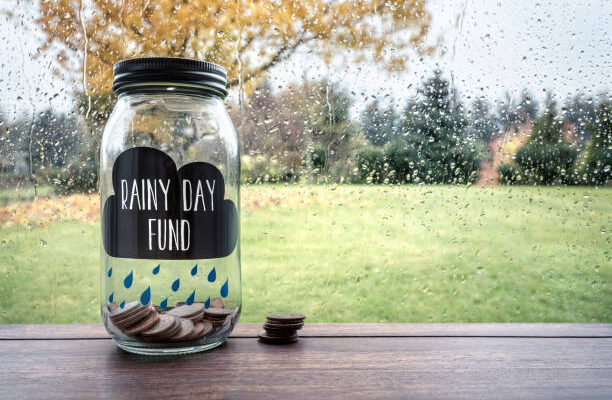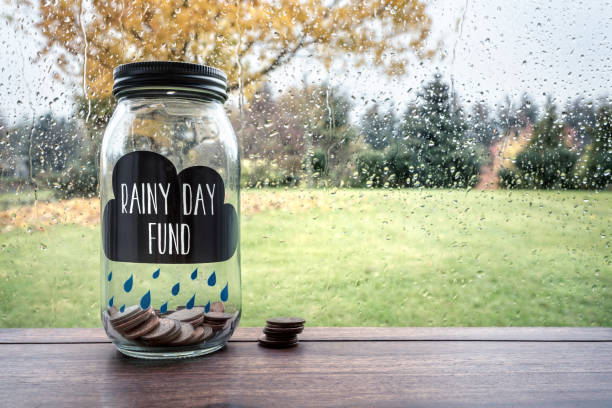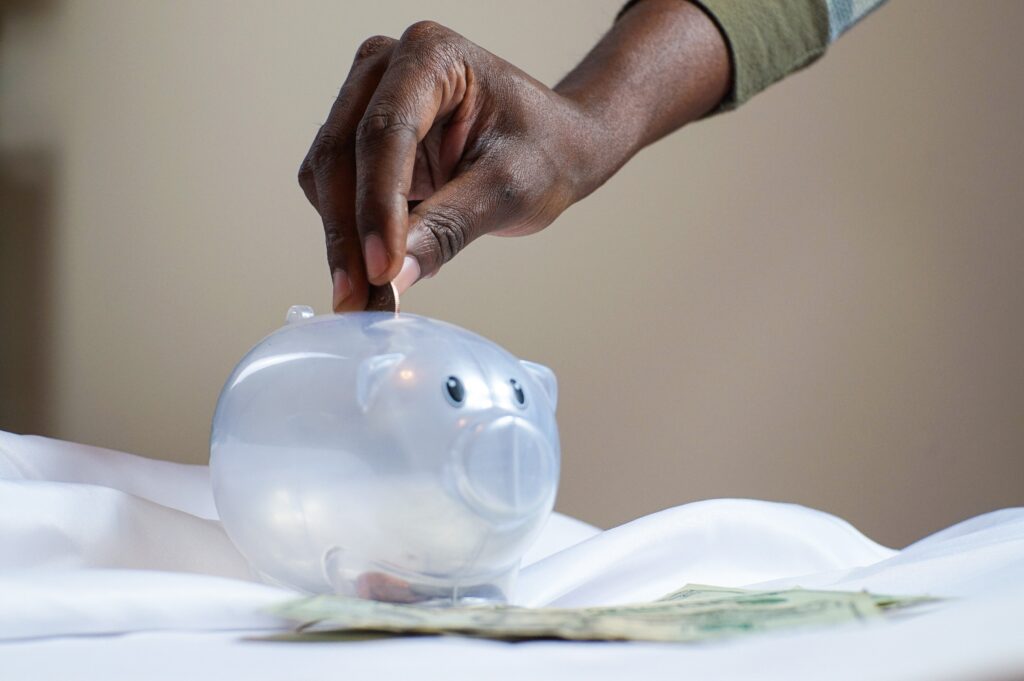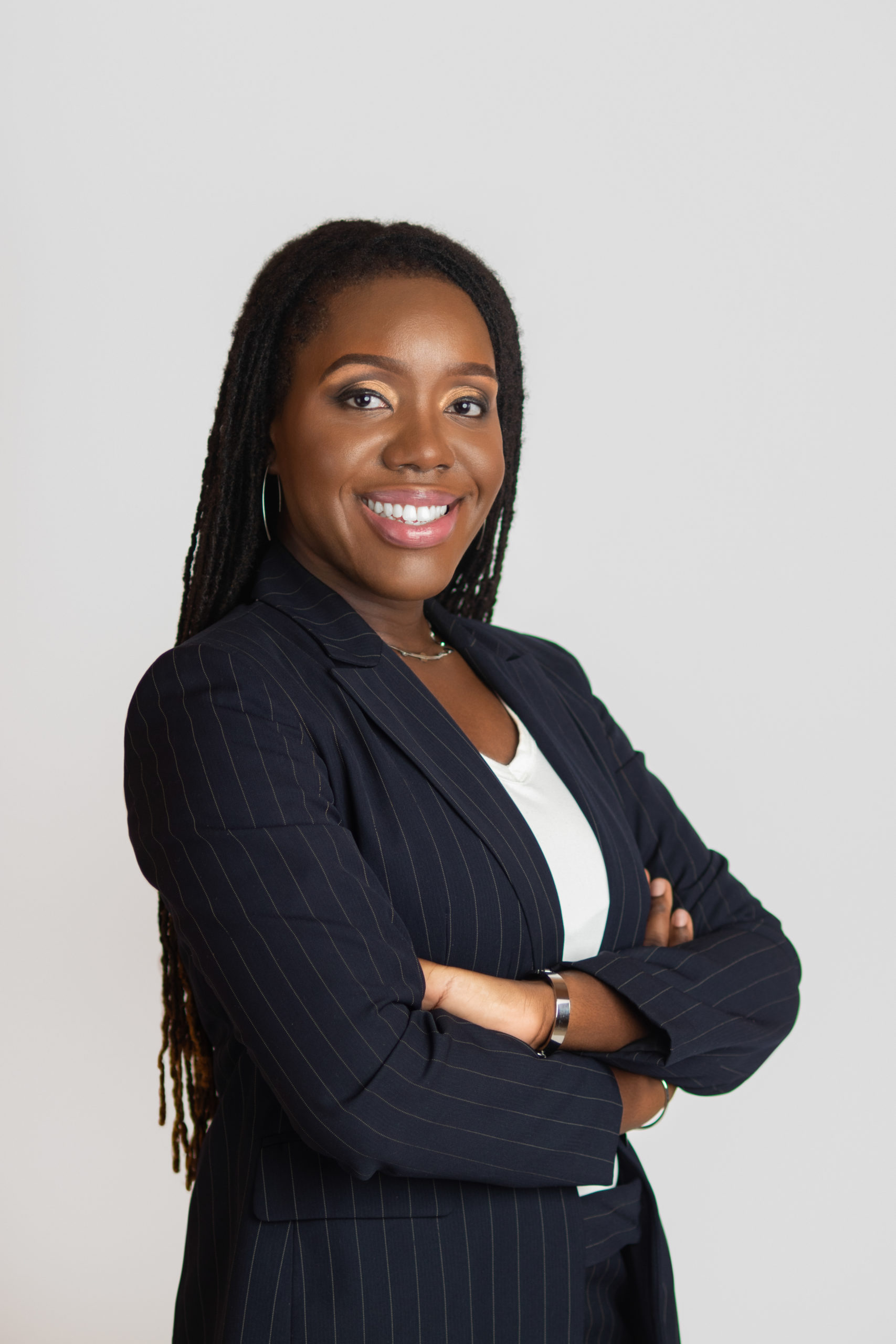

In the same way that you find shelter or use your umbrella, raincoat and water boots to manoeuvre rainy weather, a similar approach should be taken when it comes to saving money for a rainy day. Why? Well, when it rains, it pours.
Rainy day savings are funds that kick in for small, one-time expenses that you haven’t already accounted for. Surprise expenditures might be a burden, like replacing your car tyres because the tread wore out.
They may also be happy surprises, like a friend announcing their destination wedding and you’re invited as part of the bridal party. These savings can cover short-term, unexpected costs without disrupting your everyday budget.

Some people interchange emergency saving and rainy day savings while others don’t. An emergency fund often kicks in when you lose your job, suffer a medical crisis, or face some other huge financial drain. Rainy day savings are smaller, whereas your emergency funds need to support three to six months of living expenses.
However you look at it, saving is the end goal and that is important.
“A rainy day fund has a particular characteristic. It has to be money that is easily accessible without any big transaction costs. So, the best place to have your emergency funds is in a savings account,” said personal finance enthusiast, Garvin Grandison in an interview with Our Today.

“It has to be something that is flexible and something that you can quickly get your hands on – definitely not under your mattress or anywhere else in the home like a pan under your bed. Some people might say ‘at least it’s accessible that way so I don’t need to worry about going to the bank or going online to transfer it to myself.’ So, for some, it might seem logical to access their rainy day funds in that way, especially because so many people are unbanked with very few who trust the sector,” added Grandison.
He shared that improperly saving for your rainy day fund can be problematic as “it exposes you to theft and other occurrences such as flood or fire. Hence, it’s not good to have that kind of money at home. You want to put it somewhere that limits those risks.”
With a basic understanding of what a rainy day fund is, here are some tips to creating that savings option for yourself:
Open a dedicated rainy day savings account
A great way to start saving money for a rainy day, is to set the intention of saving, even if you can’t fund it yet. By opening a specific rainy day fund, you’ll have a reminder of how well-prepared you are, or where you need to continue to siphon spare cash. Most online accounts are free to open, so you don’t need to worry about having an initial deposit.
Set a target amount
Based on the nature of what a rainy day savings account is, you want to ensure that you have easily accessible funds for the proverbial rainy day. As such, you should save at least three months of your expenses. So, let’s say that after checking your budget, your monthly expenditure is 100,000. What is recommended is that you triple that amount and make that 300,000 your target amount for your rainy day savings.
Build your rainy day savings plans into your budget
You will need to look at your monthly budget before saving money for a rainy day to see where you can draw from. The money has to come from somewhere, so you’ll have to cut back on an existing budget line to feed this new rainy day fund. Then, decide how quickly you’d like to build up this fund.
Save towards your emergency fund alongside another goal. So, let’s say you’re budgeted saving total is $100,000 a month. Consider putting $40,000 towards your emergency fund and put another $60,000 towards the car that you may be planning for.
Garvin Grandison, personal finance enthusiast
Focus on building the habit of consistently saving
“The best strategy to use is to focus exclusively on the goal of saving,” said Grandison. “It can be a very boring process to save up for an emergency. The process, in layman’s terms, is just for money to sit down and look at you. That can be a hard habit to build or maintain,” he added.
Grandison suggested that people pair their rainy day fund savings process with another savings goal.
“Save towards your emergency fund alongside another goal. So, let’s say you’re budgeted saving total is $100,000 a month. Consider putting $40,000 towards your emergency fund and put another $60,000 towards the car that you may be planning for,” he said.

“The most important thing is that you don’t forget your emergency fund. You have to build it out to cover one to three months worth of expenses. If you don’t have that money put aside or you funnel it all into one place, then you may run into issues,” he added, saying that either you save for the rainy day exclusively or to make it less burdensome, twin it with another goal.
Conceptualise what an ’emergency’ means
“Get ahead of the game and conceptualise for yourself what constitutes an emergency. We have to keep ourselves disciplined and creating strict parameters can do that. Some things that feel urgent are not always considered emergencies,” said Grandison.
“That’s a good way to look at it. If you need to buy a gift for a friend and you forgot to put it in your budget, consider cutting those loses and budget for it in the following month. That’s not an emergency or a rainy day,” he added.
Ramp up on savings when your financial situation improves
When you get into the habit of consistently saving your money for your rainy day fund, ensure that you take stock of how much money you have and how much money you save. This way, when your financial situation improves by way of a salary increase, a new job that pays more, or a yearly bonus on your salary, make every effort to add more money to your emergency savings fund. Be aggressive about your emergency savings.
If you haven’t already created a rainy day fund, consider doing so as soon as possible. Your future self will thank you for it. Create it, set your plan on how often you’ll add and how much you’ll add. Stick to the plan and follow your rules and stay within the pararmeters.
Garvin Grandison has worked in the finance and economics sector for over ten years. He holds a BSc in Banking and Finance and an MSc in Corporate Finance from the University of the West Indies. He currently works in the banking sector where he has gained valuable insights into the financial industry and its regulatory landscape. He also serves as the district treasurer for the volunteer and community-focused organisation, Optimist International Caribbean District (OICD), a role that allows him to contribute to the OICD’s positive impact on communities.
‘Money Management Tips’ is a weekly feature highlighting general tips for managing your finances. Each week will see a feature on the ways you can strengthen your relationship with money and may feature other personalities in the Jamaican financial world.
This weekly feature does not serve as a standard money management tool. Consult with your financial advisor for specified money management guidance as it pertains to your finances.
RELATED Money Management Tips | Budgeting tips and benefits
Send feedback to [email protected]







Comments